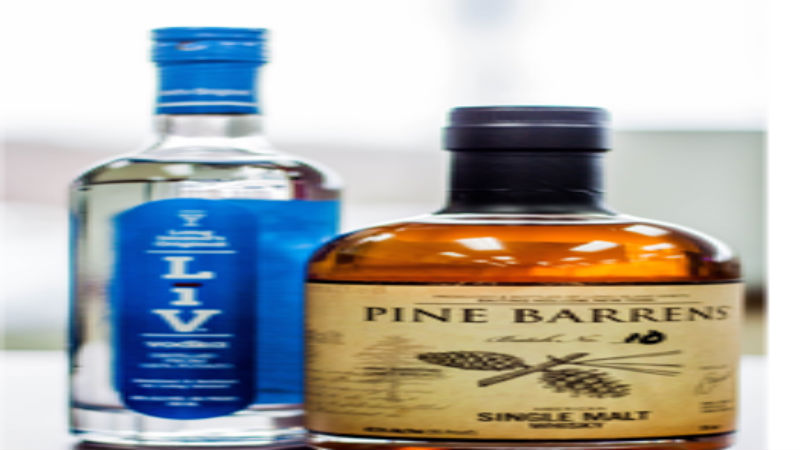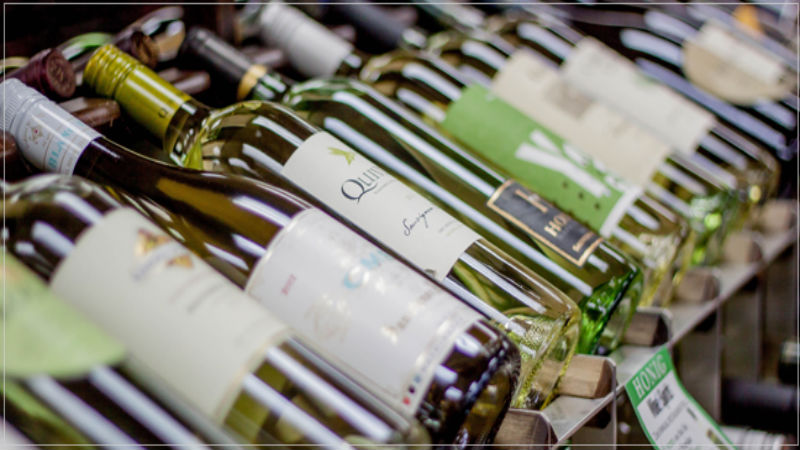Of all the spirits distilled in the United States today, bourbon is the only one that is uniquely American. The history of bourbon whiskey traces back to the days before American independence, when corn-growing farmers sought to turn their practical crops into something more entertaining. Today, bourbon is recognized all around the world as a distinctive liquor that is full of character, with some of the best on the market competing with high-end scotch in the eyes of experts.
A visit to an American Liquor Store like Townecellarswines.com will definitely bear this out. Relatively inexpensive to make in its most basic form, bourbon is a highly versatile spirit. Lightly aged bourbon that is blended with the goal of smoothness makes a great addition to many favorite cocktails, from classic Manhattans to simple soda mixes.
As a buyer’s eye moves up the shelves at the local Liquor Store, bourbon of deeper flavor and character will come into view. Every bourbon that is qualified to bear the name must be aged for at least three years in new, charred oak barrels, but many distillers go well beyond this requirement. Aging bourbon for longer concentrates the flavors in the spirit, making the resulting liquor more intense and memorable.
Bourbon makers also distinguish their products according to the particular blends of grain they settle on. All bourbon must include, by law, a majority of mashed corn, but distillers are free to improvise beyond that point. In most cases, a further measure of corn will be included, but virtually all bourbon meant for sipping includes other grains, as well.
A common choice of this sort is wheat, a grain that can contribute to greater smoothness of the finished spirit, while also dialing back the sweetness that corn is known for. Another popular option is rye, a grain that adds a definite spiciness to the finished spirit that can make the resulting liquor even more interesting and also allow it to stand out more when mixed. A final common choice is barley, the grain that forms the backbone of Scotch whiskey, and which can lend bourbon something of the flair associated with that beverage.







